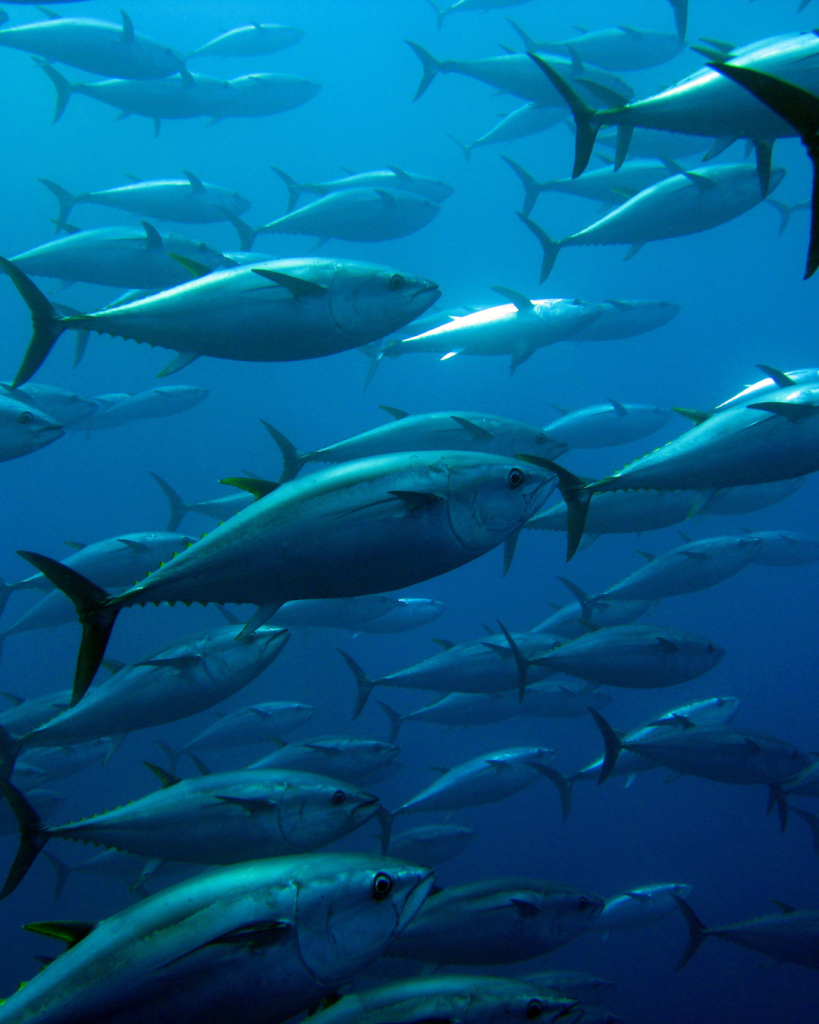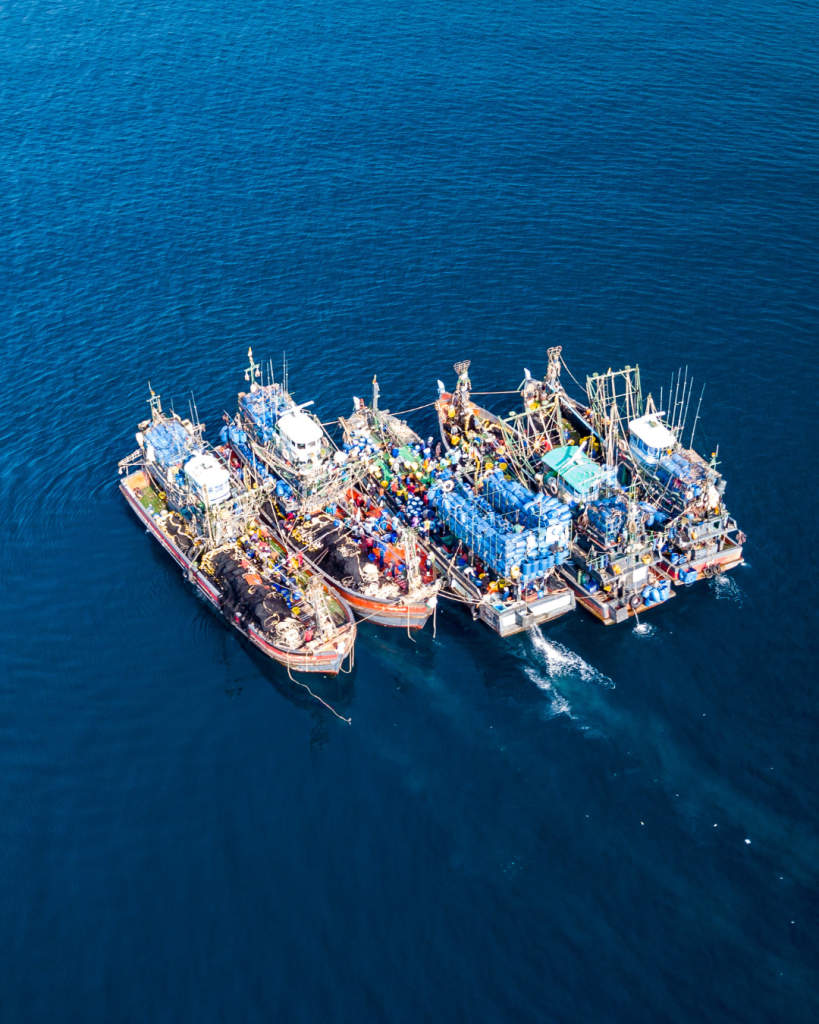The Global Tuna Alliance (GTA) is an independent group of retailers and supply-chain companies working to ensure that tuna ultimately meets the highest standards of environmental performance and social responsibility.
Challenge
Global tuna supply chains are complex and involve many stakeholders, which creates risks for human rights abuses, human trafficking, and forced labor. Tools and resources exist to support social responsibility improvements in these supply chains. But without increased education and awareness on what abuses and violations may look like, companies and retailers may not be able to effectively uphold human rights in their own supply chains.

Strategy
In 2020, GTA partner companies made a commitment to increase awareness of forced labor and human rights issues in global tuna supply chains. To further support companies, GTA organized a series of educational webinars, bringing in a total of 157 participants, on the following topics:
- How RISE Can Support GTA Members Meet Their Social Responsibility Commitments (19 attendees)
- The Responsible Fishing Vessel Standards (RFVS) (12 attendees)
- The Fair Trade USA Capture Fisheries Standard (CFS) (9 attendees)
- The UN Food and Agriculture Organization (FAO) Draft Guidance on Social Responsibility in Fisheries and Aquaculture Value Chains (44 attendees)
- The Seafood Task Force (STF) Tuna Vessel Standard (28 attendees)
- AENOR Tuna Responsible Fishing Standard Agreement (17 attendees)
- Onboard Social Accountability: Assessing and Implementing Onboard Requirements – OSA International Agreement (28 attendees)
GTA also partnered with RISE to create a Social Responsibility Toolkit that equips partner companies with guidance, resources, and recommendations to improve supply chain practices, allowing GTA partner companies to work towards a common set of practices and goals.
Outcome
Webinars and calls, such as the May 2020 webinar on how RISE can support social responsibility commitments, allowed GTA members to actively learn and engage with guidance and tools. These multi-stakeholder conversations help companies determine which social responsibility criteria are salient to their operations and in line with their goals and strategy.
High level toolkits with key takeaways and additional resources allow companies that are not yet experts in social responsibility gain understanding of core issues. Such resources motivate continued action, create desire to learn, and provide room for growth.
Looking Forward
- GTA partner companies have set their own Key Performance Indicators (KPIs) for partner engagement and action on key social responsibility issues.
- Through the Tuna 2020 Traceability Declaration, which has been signed by 66 companies, GTA partner companies also upheld their commitment to socially responsible tuna supply chains.
- Companies understand the inherent importance of upholding labor rights as well as the business case for addressing social responsibility issues and, consequently, put value on prioritizing human rights.

